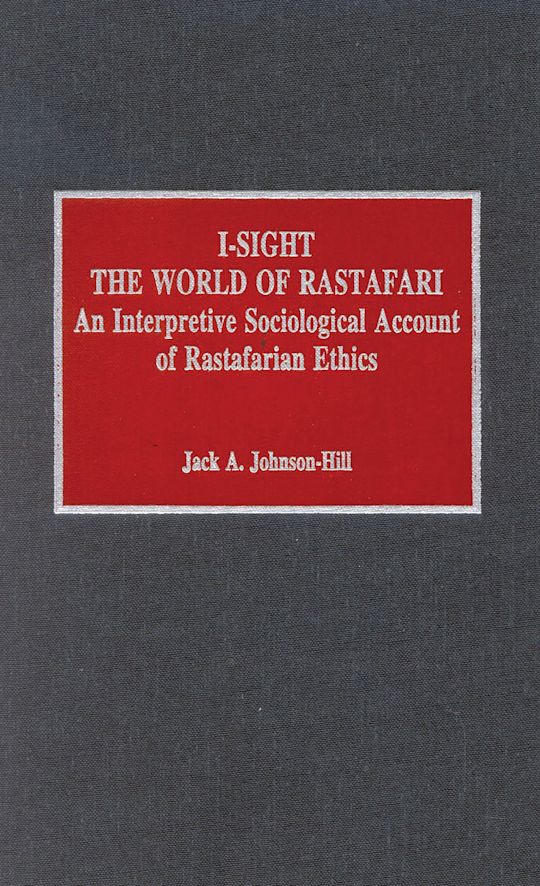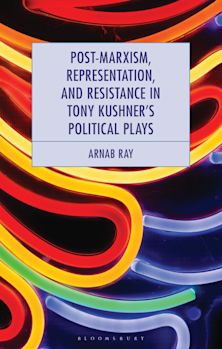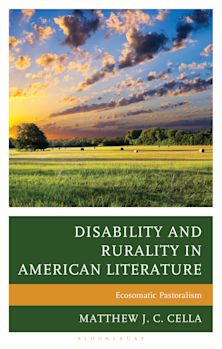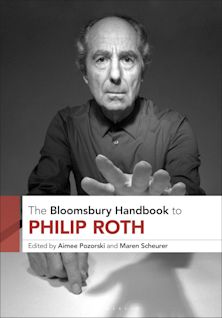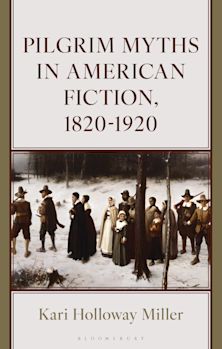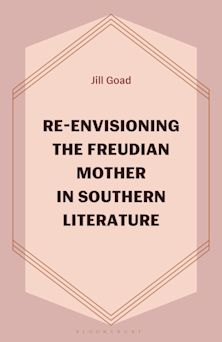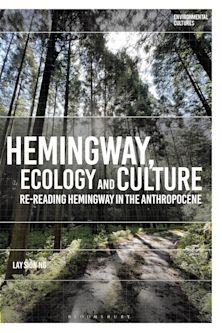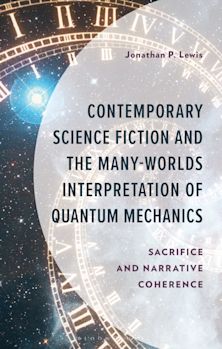- Home
- ACADEMIC
- Literary Studies
- North American and Caribbean Literature
- I-Sight: The World of Rastafari
I-Sight: The World of Rastafari
An Interpretive Sociological Account of Rastafarian Ethics
I-Sight: The World of Rastafari
An Interpretive Sociological Account of Rastafarian Ethics
This product is usually dispatched within 1 week
- Delivery and returns info
-
Free US delivery on orders $35 or over
You must sign in to add this item to your wishlist. Please sign in or create an account
Description
Rastafari is one of the most significant yet least understood new religious movements in the twentieth century. Originating in Jamaica in the 1930s, it has evolved into a popular international phenomenon. Yet scholars have continued to view Rastafari in a marginal way as an other-worldly, fragile, or avant-garde social emergent. This book argues, rather, that Rastafari represents a transformative consciousness of "I-Sight" which is paradigmatic of a new social ethic. This ethic reflects a distinctive self-understanding (I-n-I), lifestyle (livity), and center of value (Ethiopia).
The author is the first researcher to interpret Rasta poetry and song lyrics in relation to systematically constructed concepts of Jamaican religion and culture. Analyzing the meaning of key symbols in a wide cross-section of dub and other Rasta poetic expressions in the past quarter century, he explains many of the ambiguities and inconsistencies in the previous scholarship on Rastafari.
As an interpretive sociological account of Rastafarian ethics, the book should be of interest to students and scholars in cultural analysis, Caribbean Studies, new religious movements and ethics, as well as students of English literature and aesthetics.
Product details
| Published | Aug 20 1998 |
|---|---|
| Format | Hardback |
| Edition | 1st |
| Extent | 421 |
| ISBN | 9780810828957 |
| Imprint | Scarecrow Press |
| Dimensions | 9 x 6 inches |
| Series | ATLA Monograph Series |
| Publisher | Bloomsbury Publishing |
About the contributors
Reviews
-
His extensive research into their [Rastafarians] lives and beliefs, and especially their poetry, shows that they are misunderstood because they are contercultural, egalitarian and without organized structure.
Theology Digest









